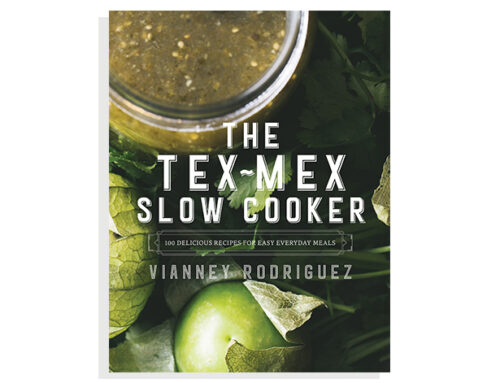If you happen to be a cheese addict (just like the rest of us), you’ll want to pay attention. In a recent investigation by the University College Dublin (UCD), researchers found that eating cheese does not necessarily lead to obesity and heart disease. Craving some Oaxaca, Manchego or Cotija cheese? Now you are.
High blood LDL (low density lipoprotein) cholesterol is one of the main risk factors for heart disease and stroke. This bad cholesterol sticks to the walls of arteries blocking the blood flow, which is what occurs during a heart attack. Surprisingly, the new findings indicated that cheese, specifically, does not raise the blood LDL cholesterol levels.
In this new study by the Food for Heath Ireland and published in The Nutrition and Diabetes Journal this week, researchers examined the intake of dairy products in a group of 1,500 Irish people from ages 18 to 90. The results were unexpected; the participants who ate large amounts of cheese did not have higher levels of LDL cholesterol than those who didn’t. Furthermore, the scientists also concluded that higher dairy intake was associated with lower body mass index, lower percentage of body fat, lower waist size and lower blood pressure. They were also surprised to find that people in the ‘low-fat’ dietary pattern group had greater LDL-cholesterol levels.
Related: Queso Travels: A Guide to The Best Latin American Cheeses
Dr. Emma Feeney, lead author on the paper reassured: “What we saw was that in the high consumers [of cheese] they had a significantly higher intake of saturated fat than the non-consumers and the low consumers and yet there was no difference in their LDL Cholesterol levels.” Dr. Feeney added, “We have to consider not just the nutrients themselves but also the matrix in which we are eating them in and what the overall dietary pattern is, so not just about the food then, but the pattern of other foods we eat with them as well.”
Interestingly, this research echoes other countries’ recent studies that demonstrate the saturated fat from cheese does not adversely impact blood cholesterol due to the unique set of nutrients it contains. So don’t feel guilty – keeping cheese in your daily regimen it might be a good thing if you have an overall, well-balanced diet. Go ahead and enjoy that queso fundido or queso fresco!


![Making Mealtime Matter with La Familia: Easy Sofrito [Video]](https://thelatinkitchen.com/wp-content/uploads/2015/10/sofrito-shutterstock__0-500x383.jpg)
![Easy Latin Smoothies: Goji Berry Smoothie [Video]](https://thelatinkitchen.com/wp-content/uploads/2015/12/goji_berry-shutterstock_-500x383.jpg)
















![Fun and Fast Recipes: Fiesta Cabbage Salad [Video]](https://thelatinkitchen.com/wp-content/uploads/2015/11/fiesta_cabbage_slaw-shutterstock_-500x383.jpg)









